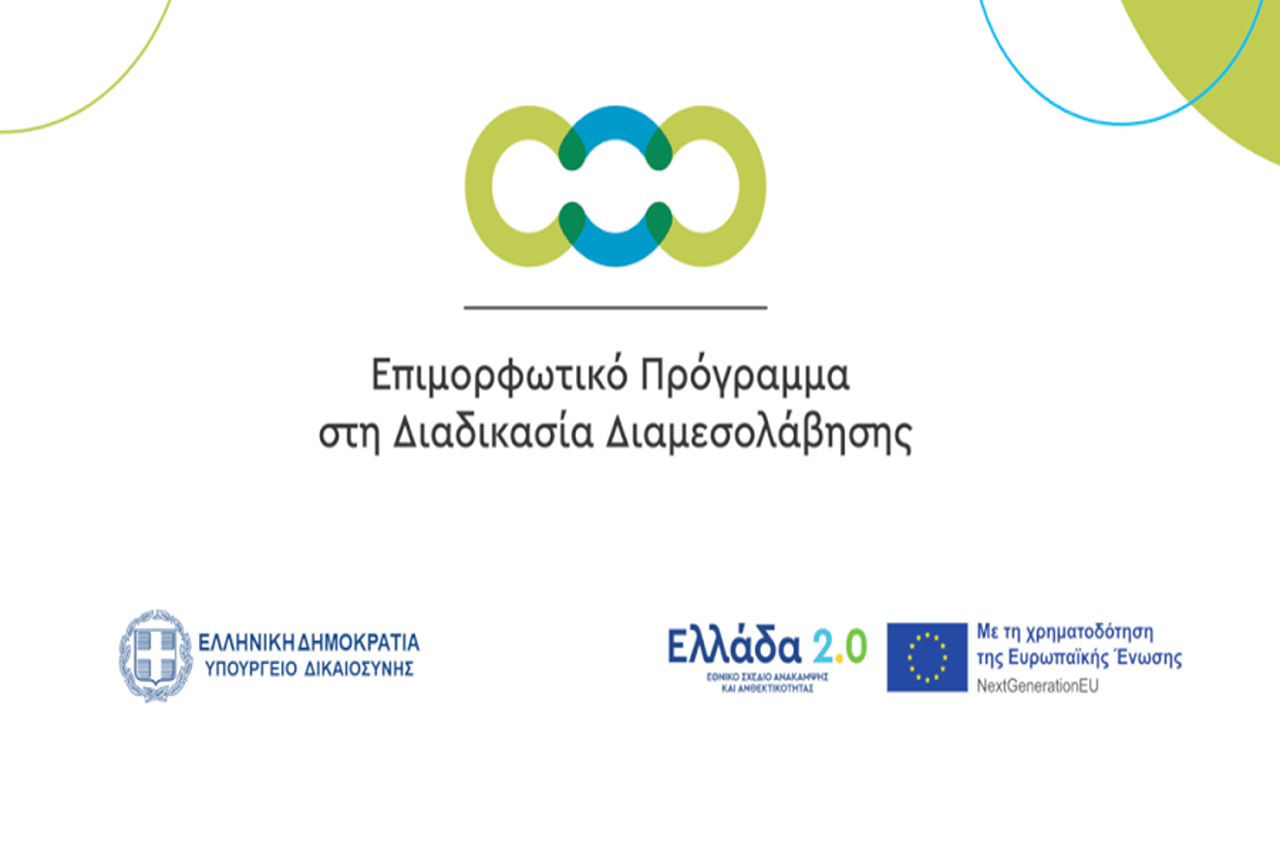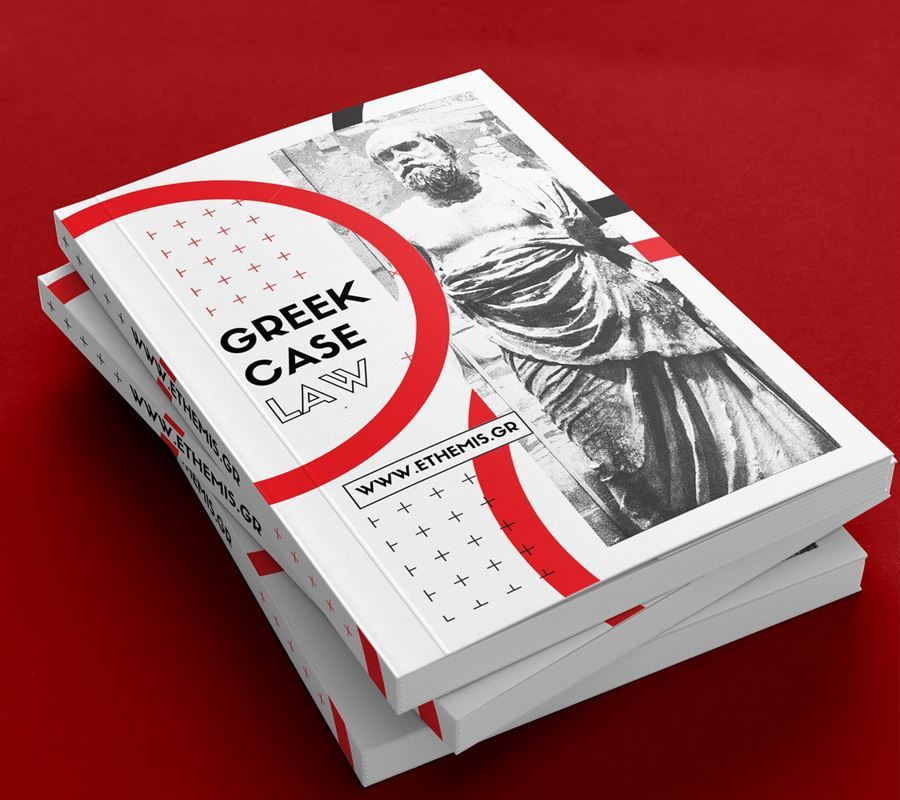Setting the Foundations: Individual Rights, Public Interest, Scientific Research and Biobanking
The principle of conferral tames the EU competence to regulate research in a comprehensive manner, yet furthering research is one of its aspirations. Data protection, however, is an area within which the EU has legislated extensively. During the development of the General Data Protection Regulation (GDPR), an important issue to tackle was how to balance the ambitious EU aspirations and
differing stakeholder interests, on the one hand, with limited competences in research regulation, on the other, and how to determine the extent to which data protection could be used as a means to further scientific research in the EU legal order. The outcome is the GDPR multifaceted research regime that sets forth EU policy and opens up for further regulations from the Member States as well as the EU.
The research regime that the GDPR has created poses numerous questions. Key among these is, what are the implications of the operationalisation of Article 89
GDPR in biobanking? This article sets out some of the underlying tensions in the area and pins down key conceptual foundations on this field. It provides insights into the EU’s interests in the area of biobanking and maps out central elements of the research regime that has been built within the GDPR. Thereafter, it analyses he key concepts as biobank and biobanking, scientific research as undertaken under the GDPR, individual rights and public interest.
GDPR in biobanking? This article sets out some of the underlying tensions in the area and pins down key conceptual foundations on this field. It provides insights into the EU’s interests in the area of biobanking and maps out central elements of the research regime that has been built within the GDPR.
Source/ Author:Santa Slokenberga | Download Full Article


















